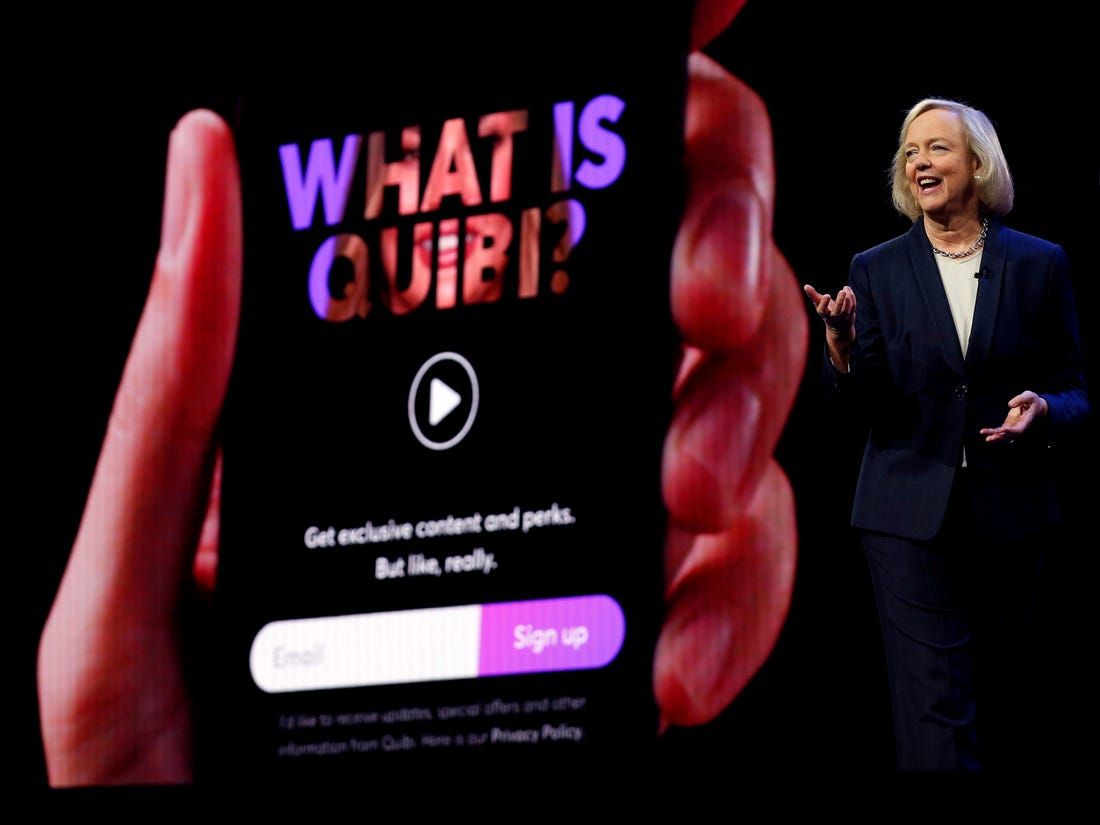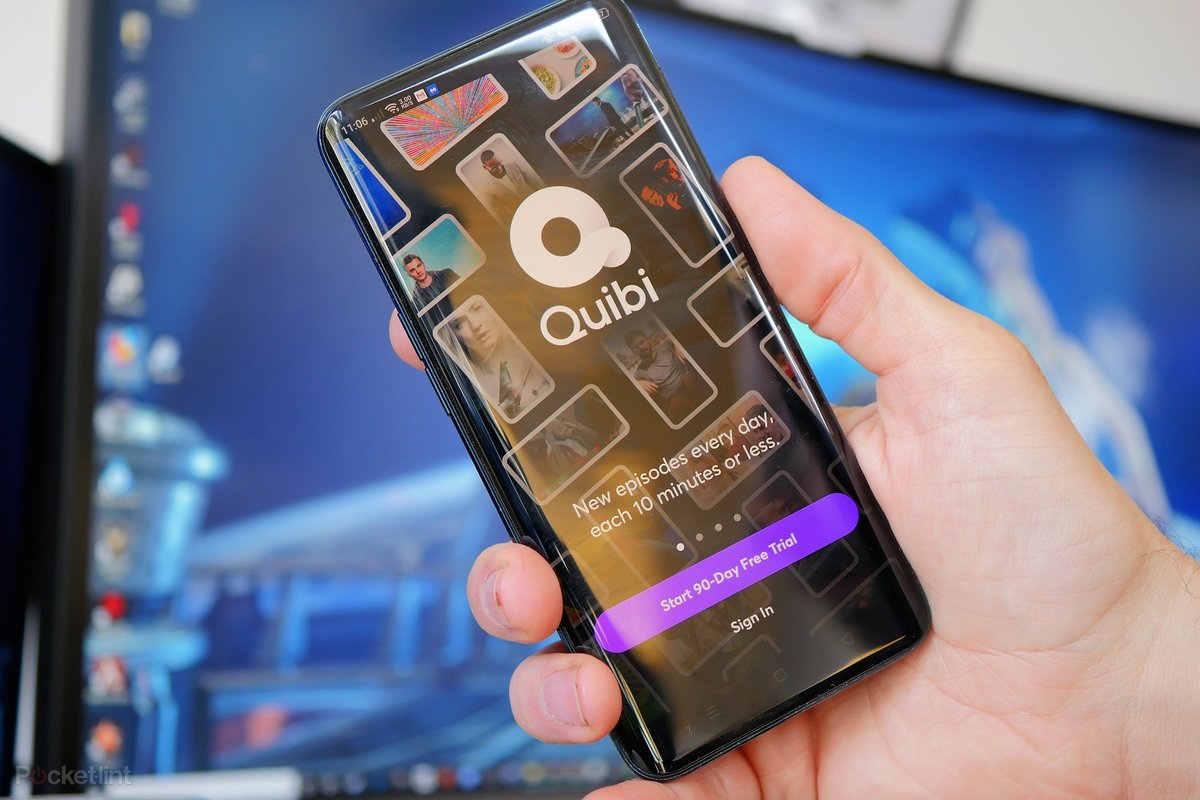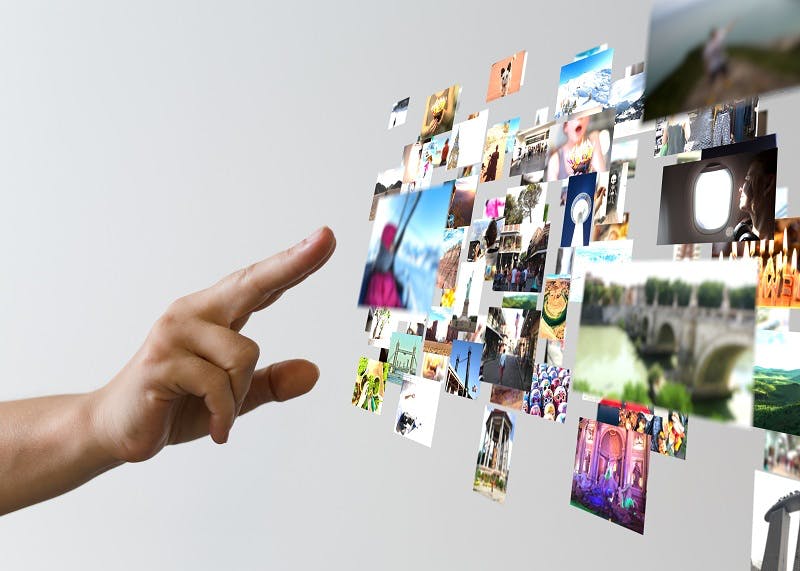What is Quibi?

A few minutes every morning is all you need.
Stay up to date on the world's Headlines and Human Stories. It's fun, it's factual, it's fluff-free.
Quibi, a mobile subscription-based streaming service designed to provide short-form scripted and unscripted content, launched in the US on Monday after receiving US$1.75 billion in investments.
The startup becomes the latest company to enter the streaming wars, but hopes to differentiate itself from the likes of Netflix, Hulu and Disney Plus by streaming only on mobile devices.
The name “Quibi” stands for “quick bites,” emphasizing the service’s episodes which, running at less than 10 minutes, are meant to be consumed “one quick bite at a time.”
Quibi has marketed itself at consumers from the ages of 18 to 34 as a service for the “in-between moments” of the day, such as during commutes, while waiting for appointments, or during breaks at work and school.
The startup was founded by Hollywood executive Jeffrey Katzenberg, the former chairman of The Walt Disney Studios (1984-1994) and co-founder of DreamWorks Animations. Quibi is being led by its CEO, Meg Whitman. Whitman was formerly the CEO of eBay (1998-2008) and Hewlett-Packard (2011-2017).
The company has received financial backing from media conglomerates such as Disney, Lionsgate, WarnerMedia, Viacom and Sony.
Last year, Quibi acquired US$150 million in advertising, selling out its first full year’s ad inventory. Its advertising partners include major businesses such as Google, Pepsi, Walmart, T-Mobile and Procter & Gamble, all of whom were attracted by Quibi’s millennial target audience.
Quibi will be sharing its subscribers’ demographic information with its advertising partners, including their age and gender, as well as where they live. Subscribers’ personal information will not be shared with advertisers.
“We are not sharing personal identifiable information, we are not sharing device ID. We will not be allowing advertisers to target specific individuals based on their viewing habits," Whitman said.
“Every advertiser asks for it, as you can imagine. And we basically said no, we really want to start with a clean slate. So they pushed back on that, but ultimately they respected what we are trying to do."
The app, which can be downloaded from Apple’s App Store and the Google Play Store, carries a US$4.99 subscription fee for content that will run with short ads, or US$7.99 for the ad-free version. Quibi is offering a 90-day free trial for those who sign up by April 30, and T-Mobile users on selected plans can get the app free for a year.
The app was also released in the UK, and the company plans to expand to other countries around the world.
Wide range of content

Quibi has managed to attract an impressive array of on-screen talent, including Sophie Turner, Idris Elba, Christoph Waltz, Reese Witherspoon, Chrissy Teigen, Chance the Rapper and Jennifer Lopez, while also attracting big names behind the camera like Stephen Spielberg, Guillermo del Toro and Steven Soderbergh, to name a few.
Quibi launched with 50 shows, with plans to release 175 original shows during its first year, including 25 episodes to be released daily.
Its content will be broken into three categories. The first, “Movies in Chapters,” are feature length stories broken into 10 minute daily episodes. The second, “Unscripted and Docs,” comprise reality shows, documentaries and competitions. The third, “Daily Essentials,” consists of short news, entertainment, and lifestyle updates from outlets such as NBC, BBC, ESPN, TMZ, E! and Telemundo.
The platform also aims to produce interactive content, such as a horror series written and produced by Stephen Spielberg that can only be streamed in the evening, wherever the user happens to be watching.
Another interactive feature is embedded in the service’s mobile-only streaming design and allows users to view shows in landscape or portrait mode, technology that Quibi has dubbed “Turnstyle.” Quibi asked producers to come up with vertical and horizontal versions of their shows, so that users could seamlessly switch between orientations by rotating their phones.
When changing the orientation on YouTube, for example, the video player adjusts automatically. Using Turnstyle, however, Quibi’s two orientations provide different angles and different viewing experiences by shifting the focus to whatever is most important in the scene.
The fact that Quibi is mobile only does limit the app, as it’s not possible to cast video onto a bigger screen.
The challenges Quibi faces

Quibi has arrived at a busy moment in the video streaming marketplace. While it’s competing, content-wise, with Netflix, Amazon Prime, HBO Max, Disney Plus, Hulu and others, it’s also competing with the likes of YouTube, Facebook, TikTok and podcasts to distract users during their day.
However, the coronavirus pandemic has largely gotten rid of that in-between time during work breaks and while commuting.
While video streaming has increased during the pandemic as people stuck at home now have more time to watch 40 minute episodes or full length feature films, downloads for podcasts, long popular for users’ in-between time, have decreased.
It’s currently unclear whether Quibi will be able to make as much of an impression as it had intended.
“Honestly, we don’t know what to expect,” Whitman told MarketWatch. Whitman noted that people still have those in-between moments to use the app, “whether after homeschooling or Zoom meetings.”
Regardless, Quibi is providing exciting new content for viewers during an unprecedented period of self-isolation.
It remains to be seen whether this content can provide competition for programs like Netflix’s hugely popular “Tiger King” (which one cast member revealed will see a new episode released next week).
[article_ad]
Have a tip or story? Get in touch with our reporters here!
Sign up for daily news briefs from The Millennial Source here!




Comments ()